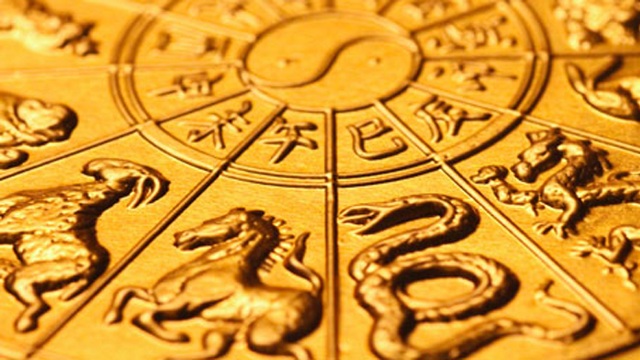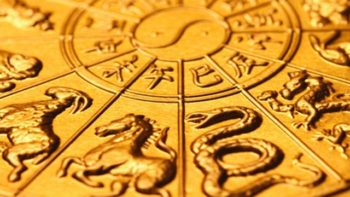
Harmless Superstitions?
 When someone compliments you for your good looks, do you say “p’wera buyag” (for Bisayans) or “pwera usog” (for the Tagalogs)? “Why resist a good compliment?” One of the speakers, Sister Selfa Ho asked the participants in the Basic Healing Seminar, sponsored by the Mary’s Little Children Community-Davao Ministry, at the Teresian Daughters of Mary in Matina, recently.
When someone compliments you for your good looks, do you say “p’wera buyag” (for Bisayans) or “pwera usog” (for the Tagalogs)? “Why resist a good compliment?” One of the speakers, Sister Selfa Ho asked the participants in the Basic Healing Seminar, sponsored by the Mary’s Little Children Community-Davao Ministry, at the Teresian Daughters of Mary in Matina, recently.
If such compliments are not repelled according to some people, they make one ill. “That’s superstition,” the speaker pointed out.
We can observe some superstitions during weddings, baptism, even during burial. Some practices are so ridiculous. A comb for example is dipped in a glass of water which the newlyweds will drink. For sure, you can enumerate some. Some have the mistaken idea that it is alright to follow superstitious beliefs for nothing is lost anyway.
The First Commandment, however, forbids superstition. Superstition in some sense represents a perverse excess of religion. Superstition is the deviation of religious feeling and of the practices this feeling imposes. It can even affect the worship we offer the true God (CCC2111).
Others have recourse to quack doctors for healing instead of going to legitimate doctors or receiving the Sacraments. Some consult mediums, astrology or horoscopes as guide in decision making, instead of discerning God’s will or seeking spiritual direction. Some wear “habak,” or “anting-anting” as protections instead of seeking God’s power and protection.
Some would even consult their dead for lotto numbers and the like, or some who can’t get over their grief continue to communicate with their dead. In some Catholic houses there can be found some objects that belong to other religions or the occult. They are even enthroned on the altars alongside the Divine Mercy image or the Crucifix or Marian images or other saints. The Santo Nino image is even dressed in green for prosperity turning it into a good luck charm. We can see some of these even in some business establishments standing beside a statue of a gold cat with a moving raised hand or other occult objects.
The Catechism of the Catholic Church (CCC 2116) says that all forms of divination are to be rejected: recourse to Satan or demons, conjuring up the dead or other practices falsely supposed to “unveil” the future. Consulting horoscopes, astrology, palm reading, interpretation of omens and lots, the phenomena of clairvoyance, and recourse to mediums all conceal a desire for power over time, history and, in the last analysis, other human beings, as well as a wish to conciliate hidden powers. They contradict the honor, respect and loving fear that we owe to God alone.
All practices of magic or sorcery, by which one attempts to tame occult powers, so as to place them at one’s service and have a supernatural power over others — even if this were for the sake of restoring their health — are gravely contrary to the virtue of religion. These practices are even more to be condemned when accompanied by the intervention of harming someone, or when they have recourse to the intervention of demons. Wearing charms is also reprehensible. Spiritism often implies divination or magical practices; the Church for her part warns the faithful against it. Recourse to so-called traditional cures does not justify either the invocation of evil powers, or the exploitation of another’s credulity (CCC2117).
We sin sometimes or even get victimized because of our failure to get to know what our Church teaches. Let us read the Scriptures, the Catechism of the Catholic Church, consult the Church, attend seminars such as the one given for free by MLCC or other communities to help us educate ourselves.


No Comments